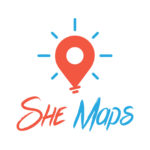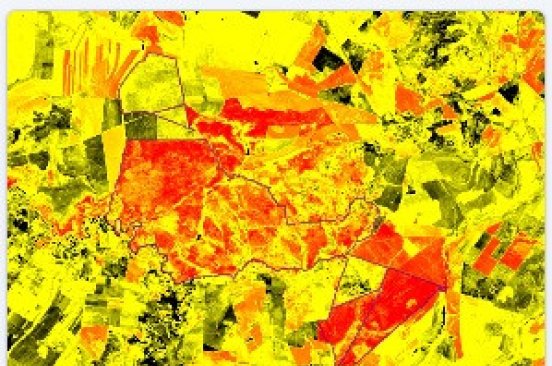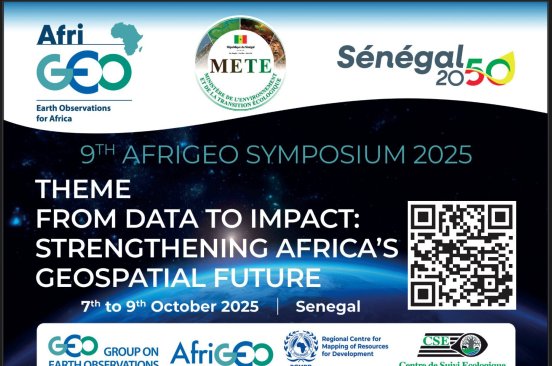
Teaching STEM During Africa Science Week in Tanzania
The perennial problem in getting kids to be more active in STEM isn't lack of interest; it's a lack of safe spaces for them to tinker and learn.
December 14th, 2019
By Leka Tingitana, Tanzania Flying Labs
It's challenging to teach children the difference between acid and alkaline without them seeing those differences in action, according to Projekt Inspire. Our version is you can't teach children geospatial science without letting them collect and analyze their own data. That's why we use drones to show kids the value of aerial data in our STEAMBOTS program
We recently celebrated Africa Science Week in Tanzania with hopes of helping kids recognize that science is happening around us all the time—like understanding how photosynthesis leads to a vegetation index generated from drone data to assess crop stress. These students were way ahead of us, though, and instead wanted us to discuss the benefits of lithium polymer batteries. In our experience, the perennial problem in getting kids to be more active in science and technology isn't lack of interest; it's a lack of safe spaces for them to tinker and learn. Build them, step aside, and watch wonders happen.
The perennial problem in getting kids to be more active in science and technology isn't lack of interest; it's a lack of safe spaces for them to tinker and learn.
Our budding drone ambassador for kids, Christine, who had never traveled outside her home-state of Dar es Salaam before, joined us and gave her usual confident and articulate takes on the goings-on in Tanga. How great would it be if she could also attend the African Drone Forum 2020 in Rwanda next year to get more exposure and learn about the cutting edge in cargo drones?
STEAMBOTS is developing into a successful program, but there's more to be done with the concept. We welcome highly-experienced STEM instructors to help us train more local instructors to provide world-class events and courses for curious minds.
Thanks to Changa Primary School in Tanga for hosting us, we look forward to our continued collaboration with Projekt Inspire. We also want to acknowledge She Maps for some of their ideas behind this event, as well.

WeRobotics and She Maps will continue supporting Flying Labs with their youth engagement and training activities incentives over the coming months. We would like to thank participants from Jamaica, Kenya, Panama, Philippines, Papua New Guinea, Senegal, South Pacific, Tanzania and Uganda Flying Labs as well as the Australian Department of Foreign Affairs and Trade’s (DFAT) innovationXchange (iXc) for their financial support.
Category(s)
Recent Articles
View All »

Wildfire Assessment and Web Application in Sao Paulo
